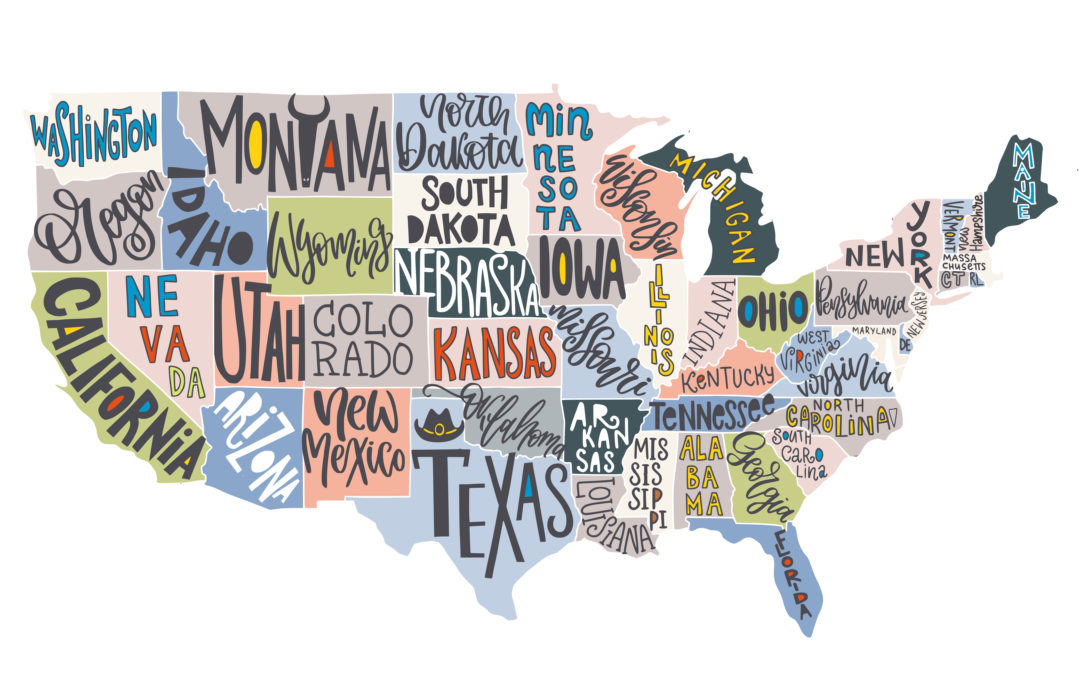This market resolves to the first US state that fulfills these criteria:
Has a land value tax (defined for the sake of this market as a property tax that exempts at least 75% or more of the value of buildings)
Has no state income tax
If no state ever meets these criteria by the deadline this market resolves to "No state"
As for the administration of the LVT - it counts regardless of whether it is administered by the state government or by local governments, so long as 90% of the population 90% of parcels are subject to it, and there is no overlapping conventional property tax of any significant amount.
People are also trading
The mayor of Detroit who had pushed for enabling legislation at the state level but did not succeed as far as I can tell is not running for re-election and though is not saying, many expect to run for governor. Getting LVT implemented or eliminating income tax is a tall order, let alone both, and by 2030! Still, maybe slightly better chance in Michigan than elsewhere with no actual or potential leader who might take the option into account?
I think Nevada is probably the most likely state for this to happen in:
No income tax
One of the lowest home-ownership rates (so less people objecting to it on the grounds that it might screw up their home values)
Fairly low existing property tax (so swapping for a revenue-equivalent LVT is less likely to be disruptive)
Decent citizen-initiated ballot referendum system, which adds additional routes for a LVT to become policy.
For all I know there might not be any other Georgists in Colorado besides myself, but I choose to believe in the unlimited power of our state's enlightened supreme leader, Jared Polis, and his ability to figure out correct policy:
"Asked by an event moderator what the state’s income tax rate should be, Polis said, “It should be zero. We can find another way to generate the revenue that doesn’t discourage productivity and growth and you absolutely can, and we should.”
These remarks were met with cheers from the conservative crowd.
“There’s things you actually want to penalize in society, like pollution might be one of them,” Polis said. “I would argue that smoking might be one of them — cigarette taxes, sin taxes, if there’s an applicable cost to people.
“So if we can move away from taxing income, which is something that you don’t want to discourage, because we want everybody to make income, we want companies to make income — that’s a great thing — to basing it on taxing pollution or carbon or something that we fundamentally don’t want, you’ll have a more pro-growth tax structure that gets the right incentives in place to help grow what you wanna grow and penalize things that are negative externalities.”"
https://www.denverpost.com/2021/08/30/jared-polis-no-state-income-tax/
Colorado has a flat income tax and has been steadily lowering the rate, bit by bit, via ballot initiatives over the past decade or so. So it is plausible that they will eventually get to 0%, especially if they tackle those last couple % by swapping to a carbon tax, land value tax, or etc.
LVT - it counts regardless of whether it is administered by the state government or by local governments, so long as 90% of the population is subject to it,
Do we believe that 90% of the population owns land or has a possessory interest in land?
For example, if 100 people rent apartments from a landlord, wouldn't the LVT only be paid by the landlord?
@ShitakiIntaki Right good clarification. Let's say "parcels" instead of population for clarity sake.
Currently these states have no income tax:
Alaska
Florida
Nevada
South Dakota
Texas
Wyoming
(That site also lists Washington, but they now have a capital gains tax.)
